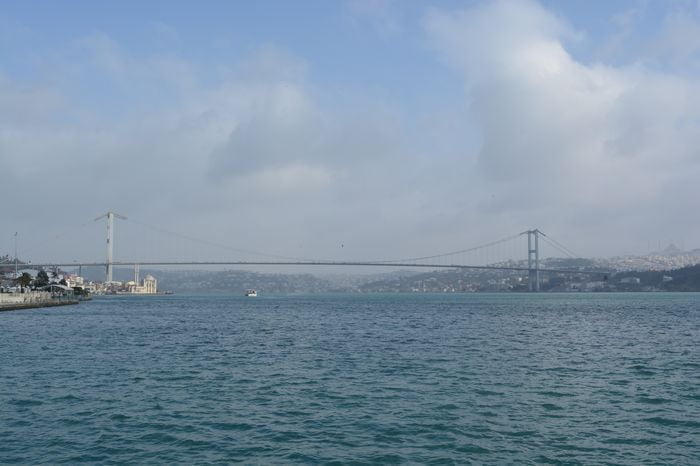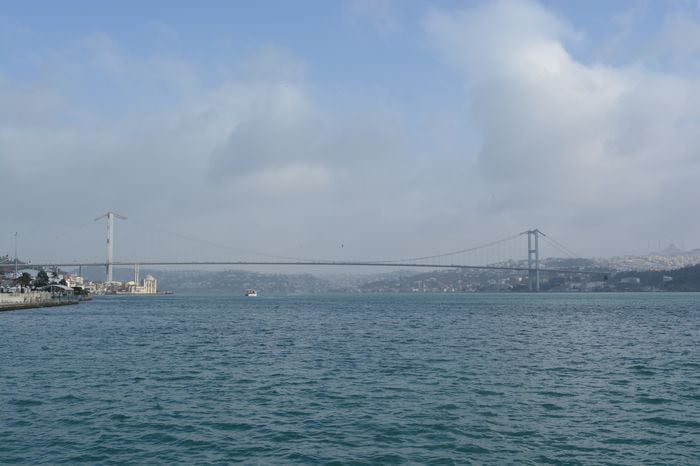During Sultan Mahmut I’s reign, a thorough organization of the treasury was achieved, primarily focused on re-gathering valuables in the Imperial Treasury for security reasons. This meticulous approach ensured that only authorized personnel could access the treasury, maintaining its sealed status since Yavuz Sultan Selim’s era.
Sale of Unimportant Goods
As part of the treasury reorganization, goods deemed unimportant were offered for sale, while others were sent to the mint for coining. This process streamlined the treasury, ensuring its stability and fortifying the state’s financial foundation Guided Istanbul Tour Whirling Dervishes.
Financial Stability and Victories
A well-stocked treasury under Sultan Mahmut I’s rule contributed to the success of military campaigns, leading to new conquests and victories, particularly in western territories that were regained after periods of scarcity. These triumphs also fostered diplomatic relations with neighboring Muslim countries like Iran.
Diplomatic Exchange with Iran
Historian J. Von Hammer recounts a significant diplomatic exchange between Sultan Mahmut I and the Iranian ruler Nadir Shah. Sultan Mahmut I sent valuable gifts to Nadir Shah, including a throne adorned with pearls and rubies, in return for Nadir Shah’s friendship and protection of Hicaz.
Return of Gifts
Despite the exchange of gifts and diplomatic overtures, the situation changed abruptly with Nadir Shah’s death, leading to disorder in Iran. As a result, Ottoman envoys were recalled, and the valuable gifts sent to Nadir Shah were returned to the palace.
By organizing the treasury and engaging in diplomatic exchanges, Sultan Mahmut I secured financial stability and strengthened the Ottoman Empire’s diplomatic ties during his reign.

